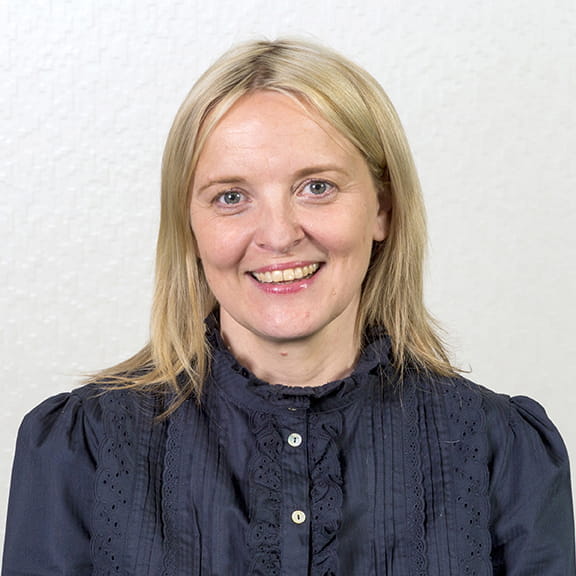Peter was half-way across the road when he saw a white car (the defendant’s vehicle) travelling at speed which struck him, causing a calcaneal fracture (a break of the calcaneus or heel bone) and other injuries, physical as well as psychological. A calcaneal fracture is extremely painful, potentially leading in the long-term to trouble with walking and deformity of the heel.
Serious injuries and ongoing pain
Peter was rushed to A&E at the Luton & Dunstable Hospital, where he remained for a further two days as an inpatient receiving physiotherapy. Following his discharge, he received follow up treatment at the Lister Hospital but in June 2017 a CT scan revealed degenerative changes in the joint and by 4 December 2017 advanced arthritis was diagnosed. Peter continued to suffer with ongoing pain and discomfort and therefore a decision was taken to perform a fusion procedure on 3 January 2018.
Problems with work
His miserable situation was made worse by the fact that, because of the accident, he was unable to return to work and although EON did look at redeploying him, in the summer of 2018 he was dismissed on the grounds of ill health. But for the accident, Peter had planned on staying at EON and would have retired at his specified state pension age with the additional benefit of a company pension.
Turning to Shoosmiths personal injury team for help
Facing such an uncertain financial future and still in considerable pain, Peter turned to Sarah Cunliffe, a specialist solicitor in Shoosmiths’ personal injury team, for help and advice. Sarah took his case on a “no-win-no-fee” basis and immediately had to address potential complications in the claim:
“Liability was never formally admitted, and it was apparent that the other side would cite contributory negligence – in other words Peter was somehow partly to blame for the accident. They put forward an offer on liability in Spring 2018, suggesting a split of 2/3:1/3 in Peter’s favour (in other words he was 33% to blame for his own injuries) which we felt was too harsh, so I advised Peter not to agree that offer.”
Investigating the claim
Sarah set about obtaining medical evidence to support any claim for compensation by instructing a consultant orthopaedic & trauma surgeon and a consultant psychiatrist to provide assessments and reports on Peter’s injuries. She also began to investigate the circumstances of the accident. Peter’s recollection of the defendant’s position in the road at the time of the collision was confirmed and supported by photographs. This was important as the offending driver did not accept that she was over the half-way line.
When interviewed by the police following the accident, she claimed she was doing about 10 mph as she went around the corner and then saw Peter, saying: “I emergency braked, and the man touched the front of my car. He then fell over, I got out and asked if he was OK. I said to him you came quickly.”
Interim payments for immediate assistance
Aside from resolving the issue of any degree of contributory negligence and determining the extent of Peter’s physical and psychological injuries, Sarah also had to look to securing his immediate and future well-being. Peter lived in a first floor flat. The only access to and from his home was via stairs, so following his discharge from hospital Shoosmiths instructed a case manager to carry out an Immediate Needs Assessment. The case manager made a number of recommendations, including the need for Peter to use taxi accounts, cleaning services, have ongoing physio etc, for which Sarah secured interim payments from the other side to fund these services immediately, without the need to wait until the claim concluded.
The Quantum (i.e. the value) of any compensation claim was established following consultations with counsel and the case manager and included consideration of Peter’s pain and suffering as well as loss of amenity and extra costs he would have to incur for aids and any specialist equipment, but also incorporated a claim to cover his past and future loss of earnings and missing out on his company pension.
£250,000 settlement
As litigation progressed, just prior to the third anniversary of the accident, the defendants made an offer which we felt was a more reasonable reflection of mutual culpability and would enable Peter to face the future with more confidence. So, following consultation again with counsel, we advised Peter to accept.
The claim finally settled for £250,000 gross. Because Peter had the benefit of interim payments throughout the claim which had to be accounted for at the final settlement stage, our client wound up with £200,000, which has been invested in a Personal Injury Trust set up by colleagues in Shoosmiths’ Wealth Protection team. This means that Peter can receive his full compensation but still retain any entitlement to means-tested state benefits indefinitely and be protected from the cost of long-term care fees when he gets older.
At the conclusion of the claim, Peter said:
“I can't praise Sarah and her team enough, it has been a difficult three years but their support both professional and personal has been second to none. I would not have got through this experience without them. Thank you guys I will forever be grateful for your handling of my case and thanks to you I am still relatively sane, thank you.”

Pictured above: Peter Stores.
Disclaimer
This information is for educational purposes only and does not constitute legal advice. It is recommended that specific professional advice is sought before acting on any of the information given. © Shoosmiths LLP 2025

















